AI Answer Evaluation Platform Live Now. Try Free Answer Evaluation Now
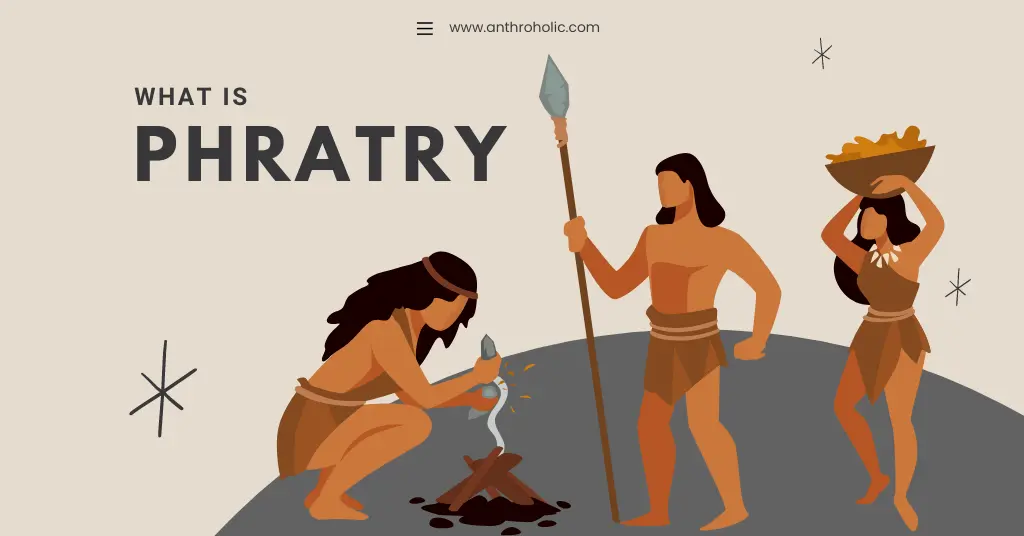
Phratry
A phratry is a social group, often kinship-based, in traditional societies. It consists of several clans or tribes that share common ancestry or mythology.
+91-7303290503, +91-9557169661 | MON to SUN 10:00 AM - 6:00 PM
Social and Cultural Anthropology is the study of human societies and cultures, including their beliefs, practices, and social organization. This category covers topics such as religion, economics, politics, and family, as well as the study of cultural diversity and globalization. From exploring the rich diversity of human cultures to understanding the complex social and cultural systems that shape our world, learn about the fascinating field of social and cultural anthropology.

A phratry is a social group, often kinship-based, in traditional societies. It consists of several clans or tribes that share common ancestry or mythology.
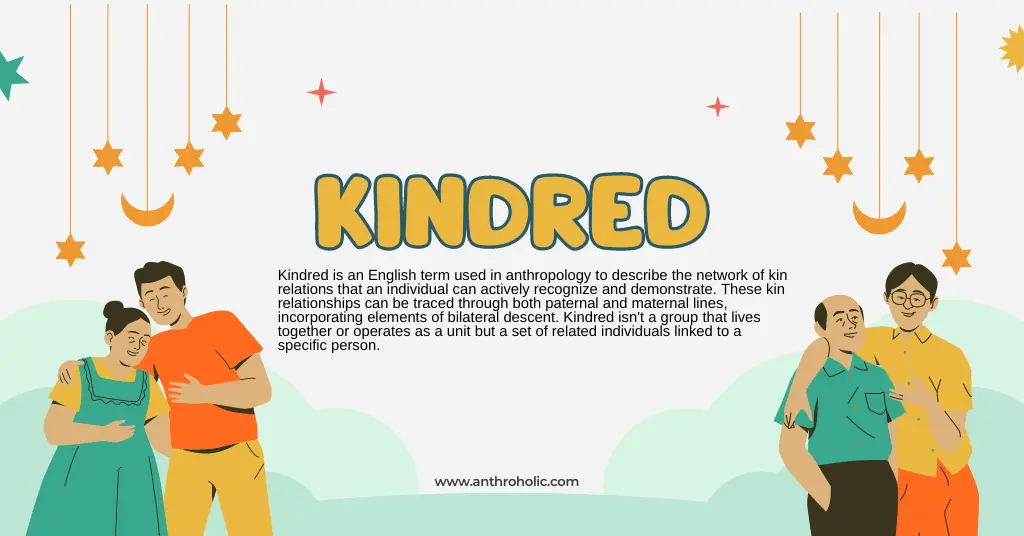
Kindred is an English term used in anthropology to describe the network of kin relations that an individual can actively recognize and demonstrate. These kin relationships can be traced
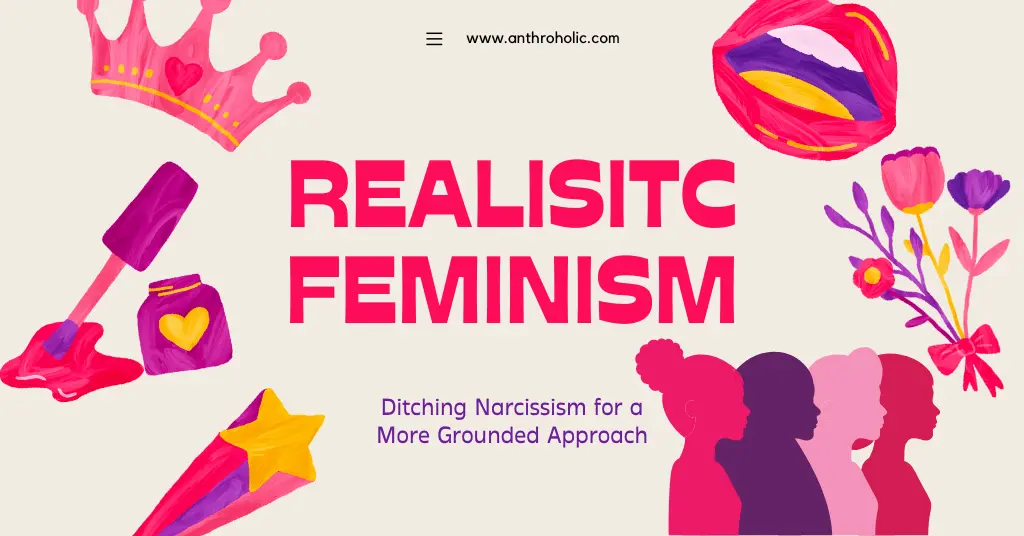
Realistic feminism is an essential tool for effective feminist activism. It prioritizes practical solutions grounded in the lived experiences and needs of women across different backgrounds.
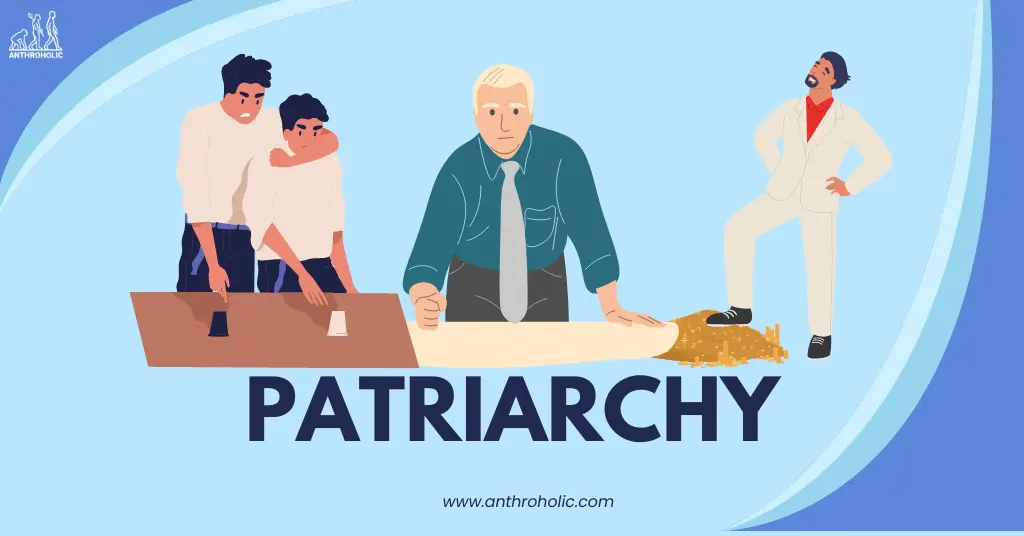
Patriarchy refers to a Social system in which men hold dominant positions of power and privilege, while women and marginalised genders face subordination and limited access to resources.
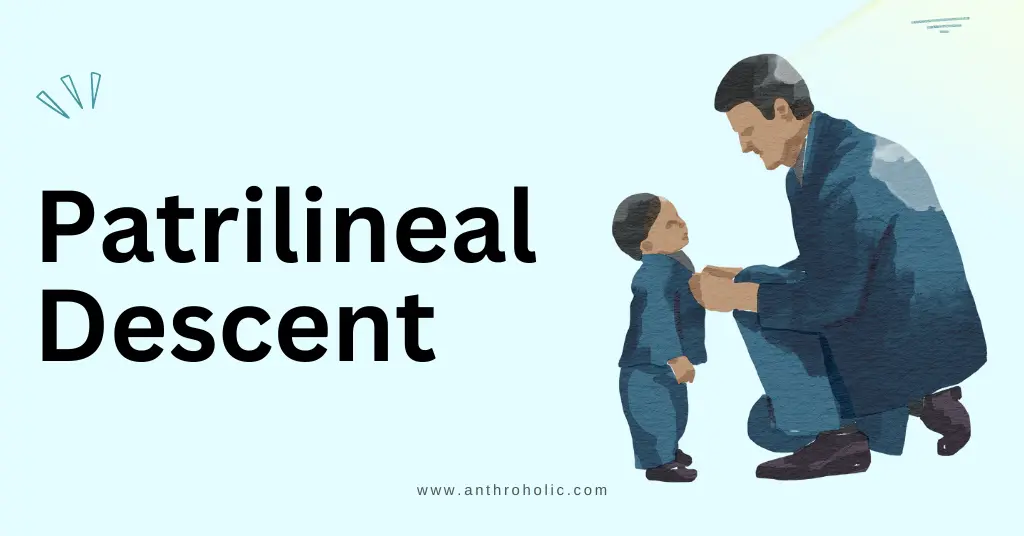
Patrilineal descent is a social organizational system predicated on the tracing of kinship through the male line. As one of the most dominant forms of descent systems globally, it has a wide-ranging influence on societal organization and culture.
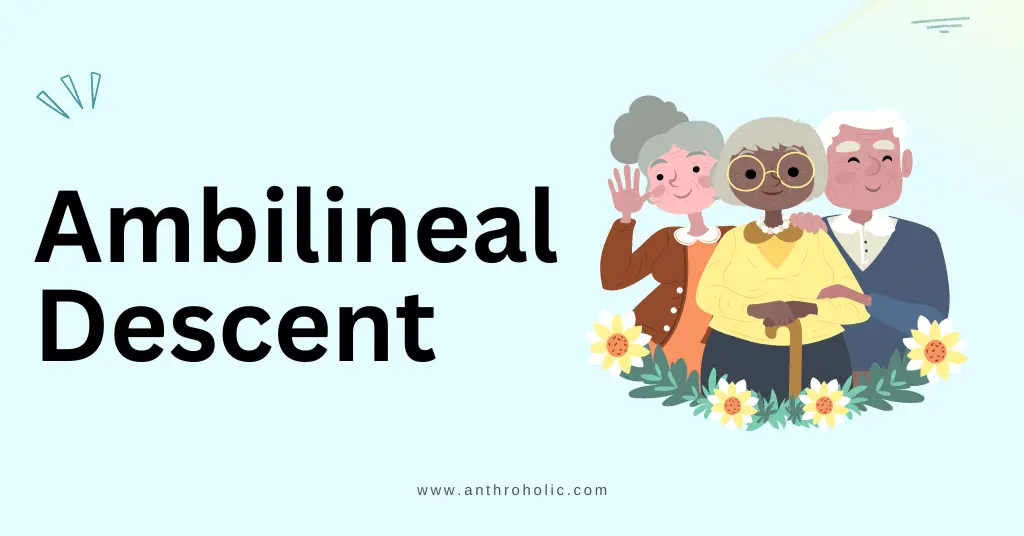
Ambilineal descent, also termed as bilateral or cognatic descent, signifies a descent system in various cultures wherein an individual's kinship and lineage are traced and determined through either the father's or mother's line.
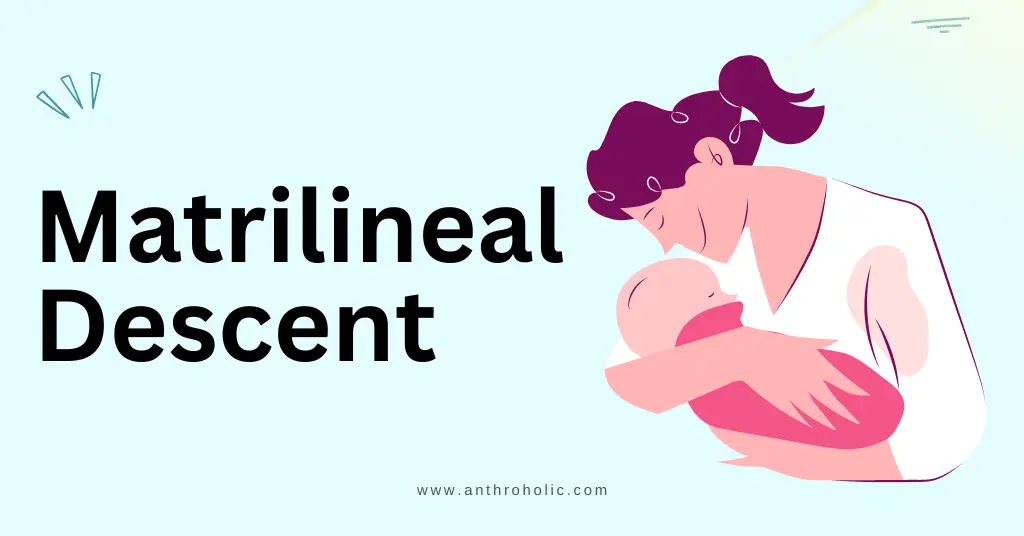
Matrilineal descent refers to a system of kinship in which ancestral lineage and inheritance are traced through the female line.

Bilateral descent, also known as cognatic descent, is a type of kinship system where an individual belongs equally to the father's and mother's lineages
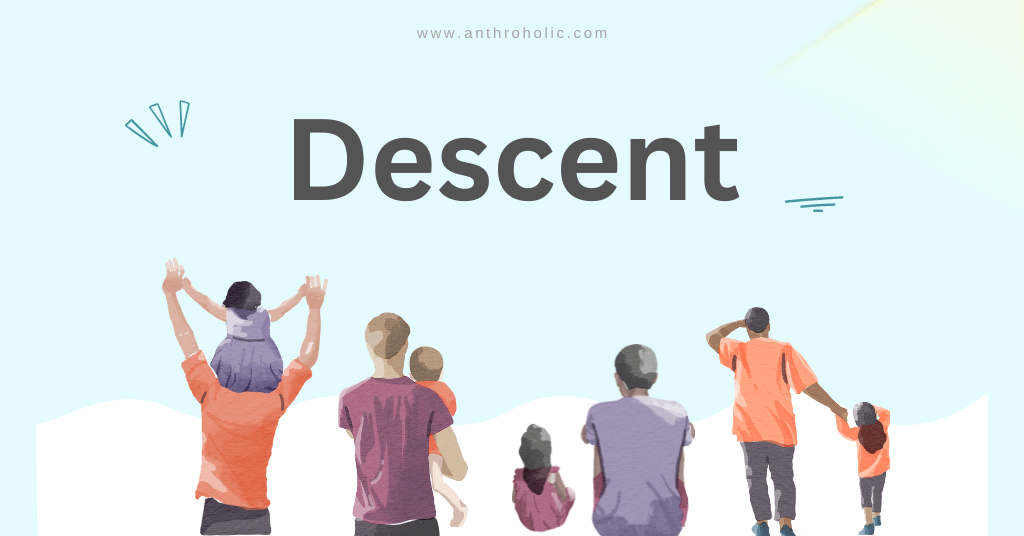
Understanding humanity's biological and cultural evolution necessitates studying the concept of descent, a core notion in the field of anthropology. It represents a social rule that delineates the line through which kinship, inheritance, and social status are traced.
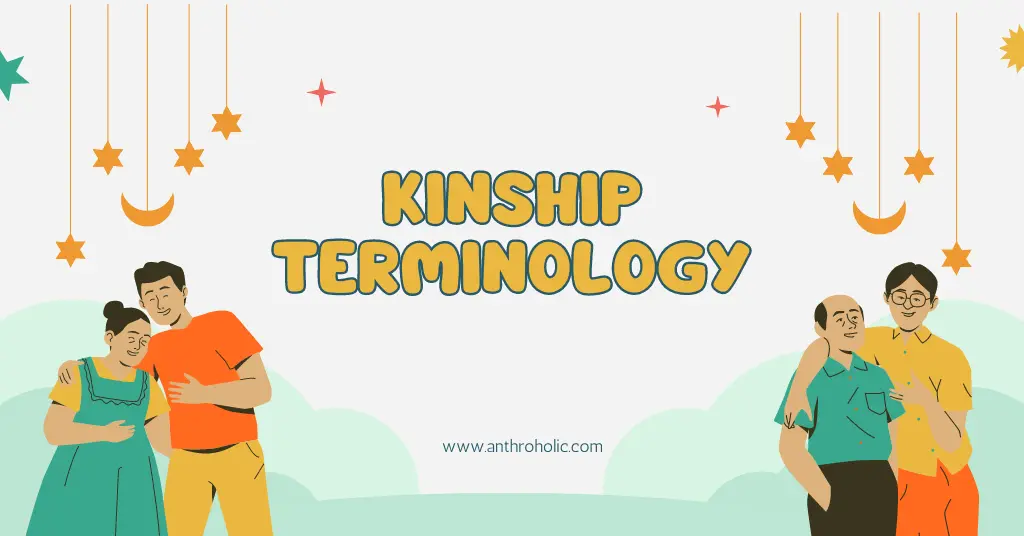
Kinship terminology refers to the systems of classifying and naming familial relationships within a given society. It plays a crucial role in anthropological studies, as it provides insights into the ways in which societies structure and perceive kinship.
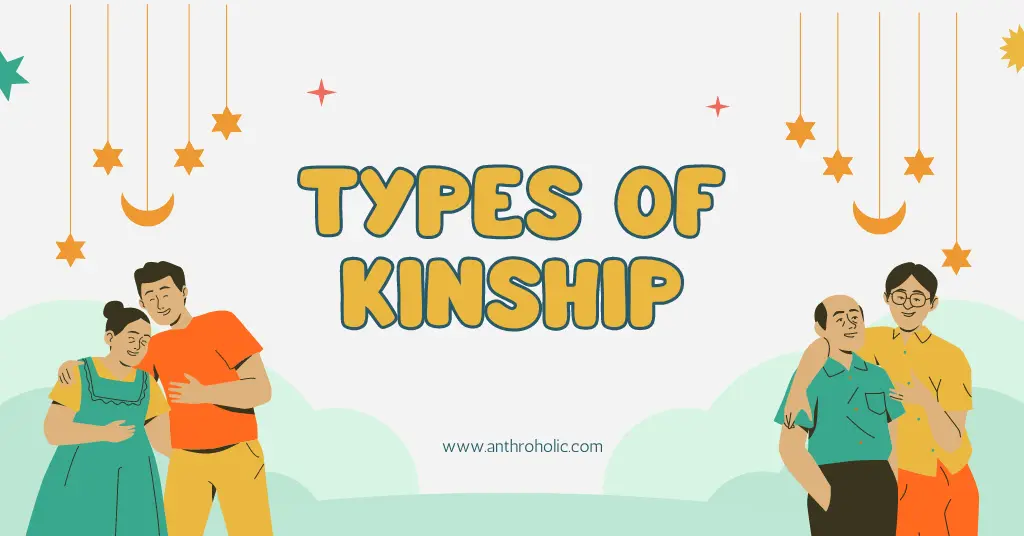
Explore various types of kinship, comprehend familial relationships, and learn how these bonds shape human societies across cultures in our enlightening article.

Anthropomorphism, derived from the Greek anthropos (human) and morphe (form), is a ubiquitous psychological phenomenon where human characteristics are attributed to non-human entities, including animals, objects, and natural phenomena.